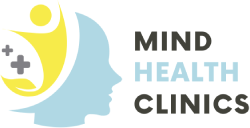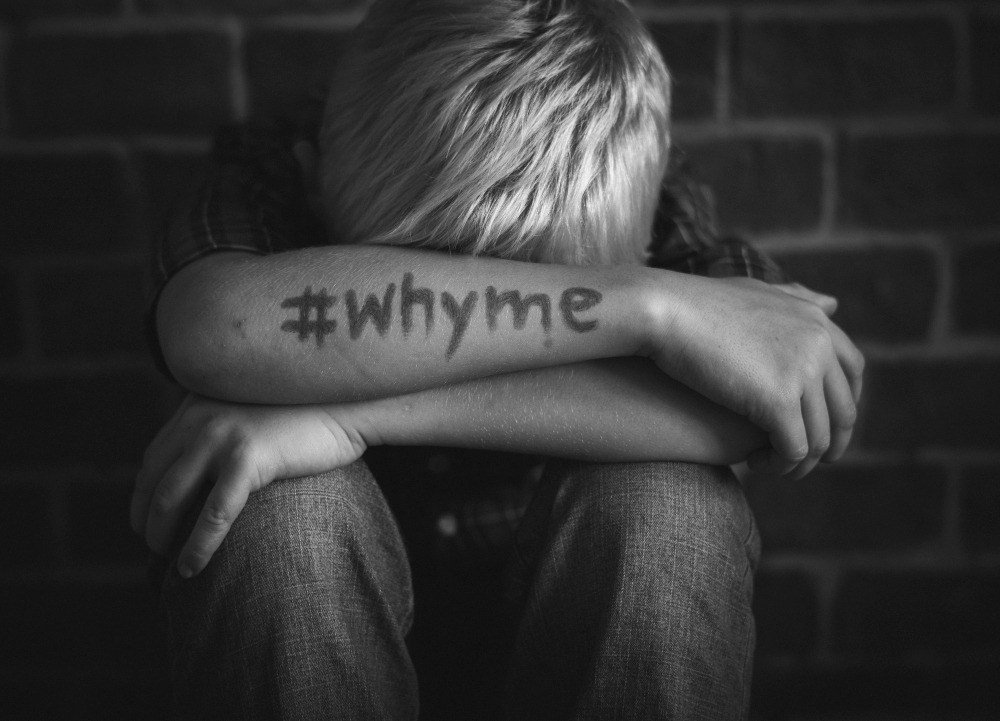What is depression?
Depression is a mood disorder that affects millions of Canadians of all ages. It may cause people to feel hopeless and pessimistic. They may lose interest in seeing friends or doing enjoyable activities, instead choosing to isolate at home. They may become preoccupied with thoughts about death or suicide. With depression, however, sadness and other negative emotions last for long periods.
People who experience depression may feel that they should “snap out of it,” then feel upset that they can’t. Chemical changes in the brain may dictate depressive feelings, so treatment is necessary. Medication, talk therapy, or brain stimulation treatments should help to resolve symptoms.
Inquire About This Service
What are the symptoms of depression?
People may have some or a combination of the following feelings: Sadness, Hopelessness, Pessimism, Irritability, Worthlessness, Helplessness, and Guilt. Depression also causes other symptoms, such as: Changes in appetite and eating habits—weight gain or weight loss are possible, Changes in sleeping habits—more or less sleep than usual, Trouble concentrating or remembering, Difficulty learning new things, Trouble making decisions, Lack of interest in activities that previously brought joy, Low energy and Fatigue, A sensation of moving more slowly than usual, Headaches, body aches, or digestive issues that have no known cause and that don’t resolve with treatment, Thinking about death or suicide and/or Attempts at suicide
How is depression treated?
Medication is the hallmark of treatment and can help alleviate symptoms by changing the chemical balance within the brain. Patients may need to wait one to two weeks after beginning medication therapy before noticing an effect. Different classes of prescription antidepressants are available. It may take trying several different antidepressants and their combinations to achieve the desired result. Patients typically need to stay on medication therapy for a minimum of 2 years to minimize relapse. Various counseling strategies can be tried along with medications. Referral can be made to a psychiatrist for resistant cases to consider other treatments such as electroconvulsive treatment.


